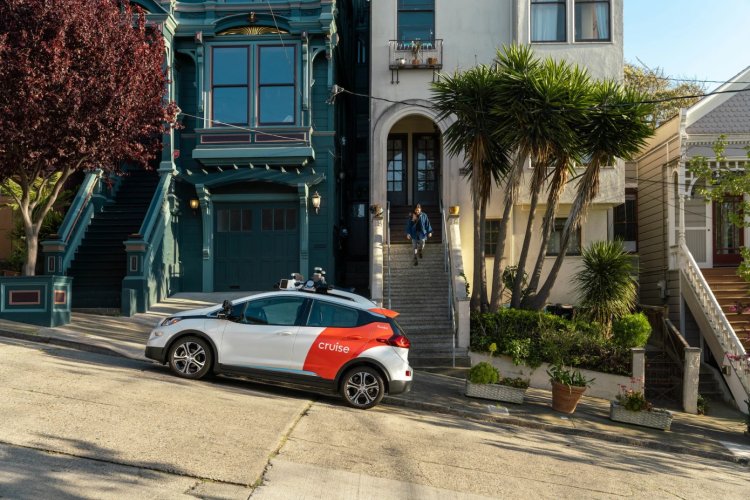San Francisco Residents Using Traffic Cones to Disable Robotaxis
San Francisco Activists Use Traffic Cones to Disable Robotaxis

A decentralized group of activists in San Francisco has found a way to disable Cruise and Waymo robotaxis by placing traffic cones on the vehicles' hoods. This prank, known as the "Week of Cone," has gained popularity on Twitter and TikTok, as residents express their frustration with malfunctioning robotaxis and traffic congestion caused by them. The protest coincides with an upcoming hearing that could potentially expand the robotaxi services offered by Waymo and Cruise in San Francisco.
The California Public Utilities Commission (CPUC) is expected to approve the expansion of autonomous vehicle passenger services by both companies on July 13. While the CPUC does not grant permission for companies to operate autonomous vehicles on public roads (that falls under the Department of Motor Vehicles' jurisdiction), it does authorize them to charge passengers fares, which is crucial for scaling robotaxi and autonomous delivery operations.
In May, despite opposition from city agencies and residents, the CPUC published draft resolutions in favor of the expansion. Critics have raised concerns about the negative impacts of robotaxis, including traffic disruptions, interference with public transit and emergency services, and the potential elimination of taxi and ride-hail driver jobs.
The cone campaign initiated by Safe Street Rebels aims to raise awareness and encourage more San Franciscans to submit public comments to the CPUC before the upcoming hearing. Videos shared on social media highlight the perceived failures of robotaxis, such as blocking traffic, colliding with pedestrians and animals (albeit unintentionally), and concerns about privacy infringements due to continuous surveillance.
While some of the claims made by the activists may be exaggerated, there have been instances of robotaxis causing traffic disruptions and accidents. It is important to note that no fatalities resulting from autonomous vehicles have occurred in San Francisco, although there have been notable incidents elsewhere. While law enforcement agencies have requested assistance from Cruise and Waymo in certain criminal investigations, there is no evidence to suggest a continuous surveillance partnership.
The activists emphasize the need for public input and caution when introducing autonomous vehicles to public roads, advocating for streets that prioritize people and public transit rather than profit-driven car companies.

 chandni
chandni 



